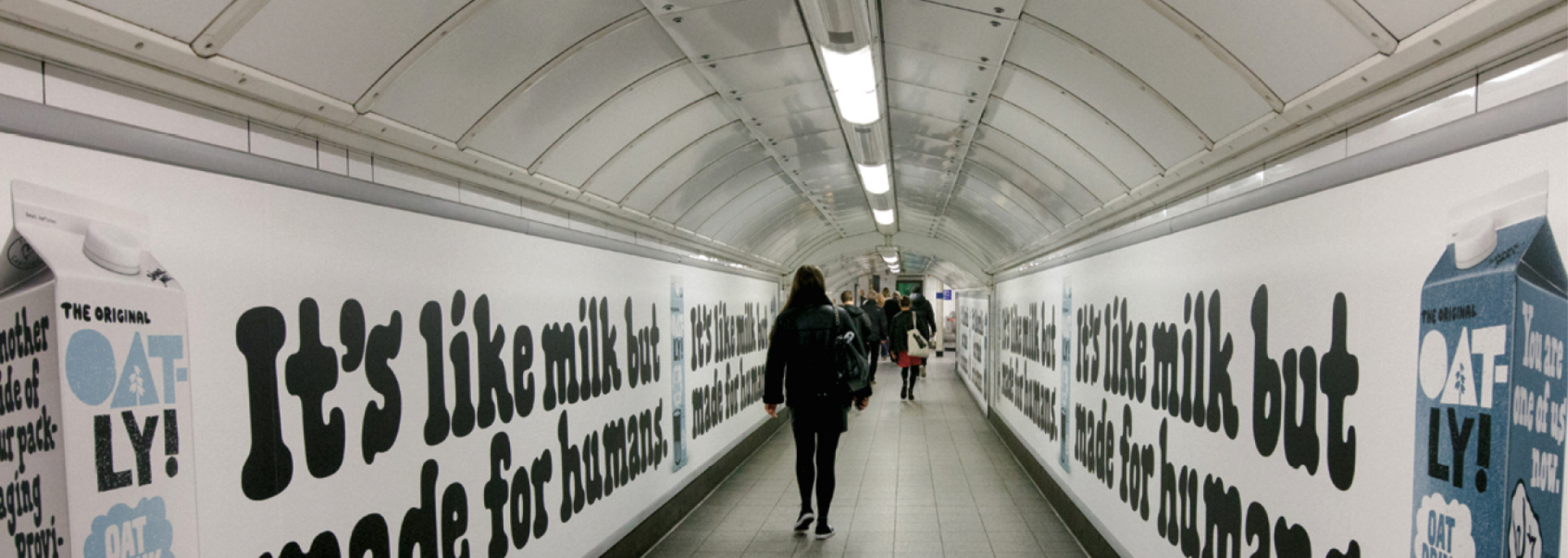CVS Health is an American retail pharmacy and healthcare company founded in 1963; today it is ranked 7th in the US Fortune 500, with revenues of US$184bn. For a healthcare company to have a mission
to improve people’s health is hardly front page news, perhaps –
but what is refreshing is to find a company of this size sufficiently committed to that mission to genuinely challenge itself about what
it should and shouldn’t sell and promote.
The company first signalled a more serious intent around its mission
by banning the sale of tobacco products from all of its pharmacies
in 2014, a financially costly decision that it explicitly linked to its commitment to “Helping people on the path to better health.” Measuring the real public health impact through a study by its own CVS Health Research Institute, it found a subsequent 1% reduction in overall cigarette sales in states where CVS had a 15% or greater share of the retail pharmacy market. Every little helps.
In 2017 CVS went on to redesign its store layout across several
hundred pharmacies to move candy and sugary drinks to the back
of its stores, and instead devote more space to its nutritious food
and health products, a bold rethink that further embodied its mission and positioned America’s largest drugstore chain as a progressive agent of change. It has removed trans fats from its own line of food products, stopped selling sunscreen with an SPF lower than 15 (because these products don’t provide enough protection), will not fill an opioid prescription for longer than a week (to combat the abuse epidemic), and worked to bring an epi-pen to market for a sixth of the price of the alleged price-gouging competitor.
The big idea: ‘Beauty Marks’.
The drugstore chain’s latest initiative, ‘Beauty Marks’, was launched in response to rising concerns about setting unrealistic ideals of beauty – including doctored beauty images – for young women in particular. So CVS has now begun labelling photos of models in its beauty aisles to make it clear which images have been digitally altered. The first major American company to adopt such a policy, it also encourages other beauty brands to adopt its ‘Beauty Unaltered’ image watermark. First applied to all images on CVS.com, its own marketing materials and social media, CVS promises that by 2020 it will have labelled all images in all its stores nationwide. 13 brands – including Neutrogena, CoverGirl, and Revlon – are now working with CVS on the initiative. Celebrities and other influencers paid to promote these products
on social media are also required to post only unaltered,
unfiltered images.
What stops a challenger’s mission being motherhood-and-apple-pie
is it being within a category which needs to be fixed. CVS shows that challenging the rules of a category which one has been instrumental
in creating can be at once the most difficult and the most powerful way forward for a Missionary. Being a challenger is, after all, less
about size than about mindset.



